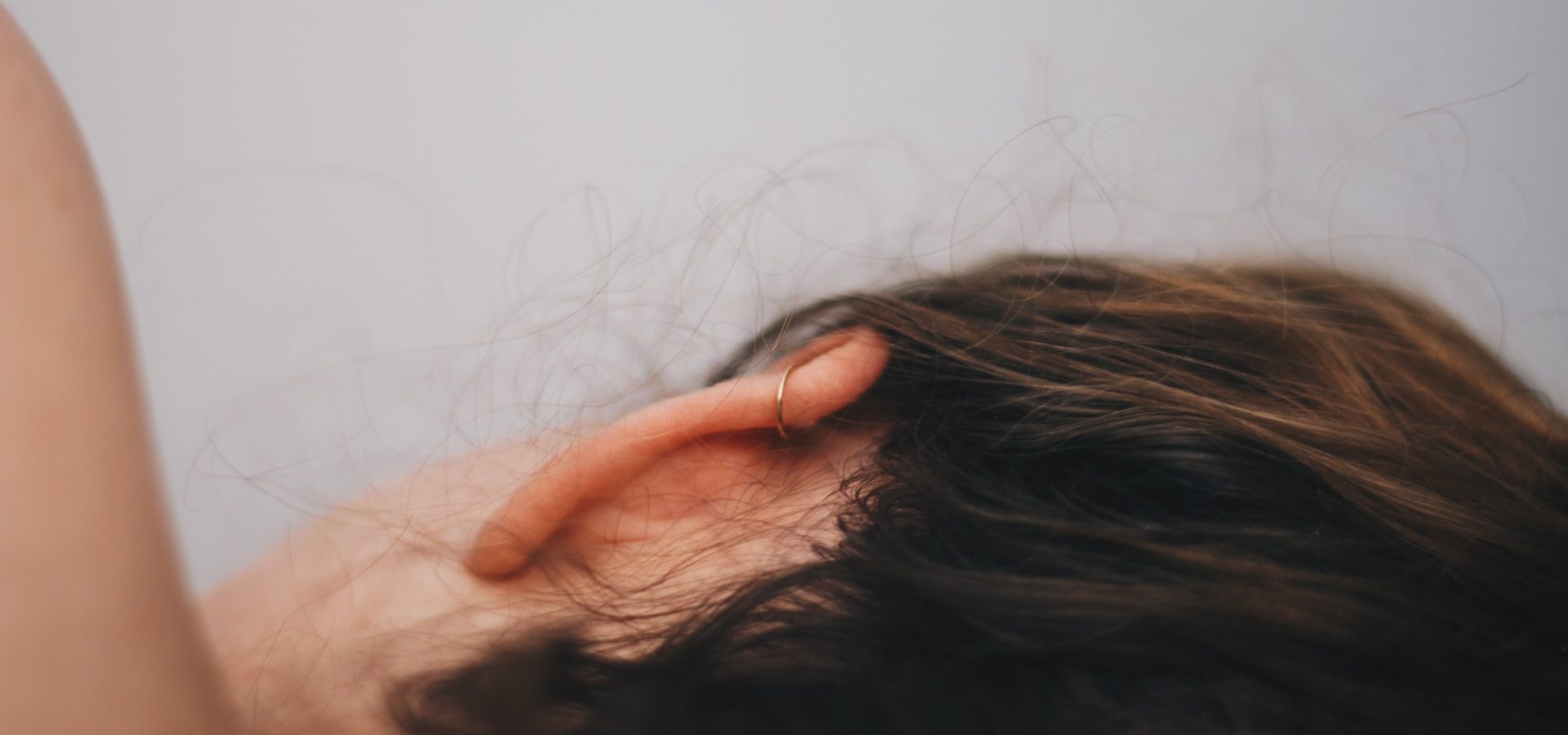Menu

Do your ears feel dry and itchy? You are not alone. The skin around your ears is delicate, and it can become dry, irritated, or inflamed for a number of reasons. Keep reading to learn more about dry ears, including the common causes, treatments, and tips to aid prevention.
Itchy and Dry Ears: A Guide to Everything You Need to Know
Dry ears (otitis externa) are the inflammation of the skin around your ears. It can cause your ears to itch, sting, or become painful. People with dry ears experience a sensation of fullness or pressure in the ear, pain that feels like a headache, a feeling of bugs crawling in their ears, ringing in the ears, or drainage from the ear. Dry ears can be extremely irritating, but they are not usually serious. Treatments and preventive measures can help ease symptoms and prevent dry ears.
What causes dry ears?
Dry ears are usually caused by a bacterial or fungal infection. These infections are often the result of water trapped in the ear canal. This water provides a breeding ground for microorganisms, which can cause irritation and inflammation.
Dry ears are also due to various physical conditions, including:
- Decreased humidity
- Windy weather can cause fluid to drain from the ear, possibly irritating the skin
- Ear wax build-up can also be a major cause of dry ears since wax can cause water to pool in the ears
- Ear piercing can also cause dry ears
In some cases, ear dryness may be a result of an allergy, in which case corticosteroids may be prescribed. Your doctor will likely prescribe an antibiotic if your dry ears are caused by bacteria or fungal infection.
How are dry ears treated?
In most cases, dry ears will clear up on their own with time. However, there are many treatments that can help to speed up the healing process, relieve symptoms, and prevent dry ears.
To treat dry ears, you may need to:
- Perform regular ear cleanings at home
- Use warm water and a soft washcloth to bathe your ears or a humidifier to help keep moisture inside the ear canal
- Flush the ear canal with an ear syringe, which can be purchased from your pharmacy
- Apply a medicated ear drop to the affected regions, which you can purchase from your pharmacy
- Use an over-the-counter antibiotic or antifungal cream, which is safe to apply directly to the skin
- Try antihistamines, such as Benadryl
- Try to relieve pressure on the ears by lying on your side or by tilting your head slightly forward, which can help to drain the fluid from the ear
Prevention of dry ears
Lifestyle changes such as wearing protective headgear can help to reduce the chances of getting dry ears. Other preventative measures include:
- Using earbuds, which block out wind noise and can prevent water from getting trapped in the ears
- Keeping your ears dry during winter and windy weather by wearing a hat or earmuffs
- Making sure your ears stay dry during bathing, swimming, or washing your hair
- Removing ear wax regularly with a soft cloth or ear irrigation kit
Conclusion
When dry ears are caused by allergies or bacterial or fungal infections, over-the-counter ear drops, antibiotic cream, or antihistamines can provide relief. If these remedies do not work, you may need to seek help from a doctor.
If you fear that you have dry ears and it is getting in the way of your hearing, contact Fraser Valley Beltone. At Beltone Hearing Centre in Langley and Abbotsford, we take an approach to hear care that no other company can match. It’s based on connecting with you as a person – and understanding what you enjoy in life and what’s important in a hearing clinic and healthcare partner.
Share Post
Facebook
Twitter
LinkedIn
Email
Reddit
Pinterest
